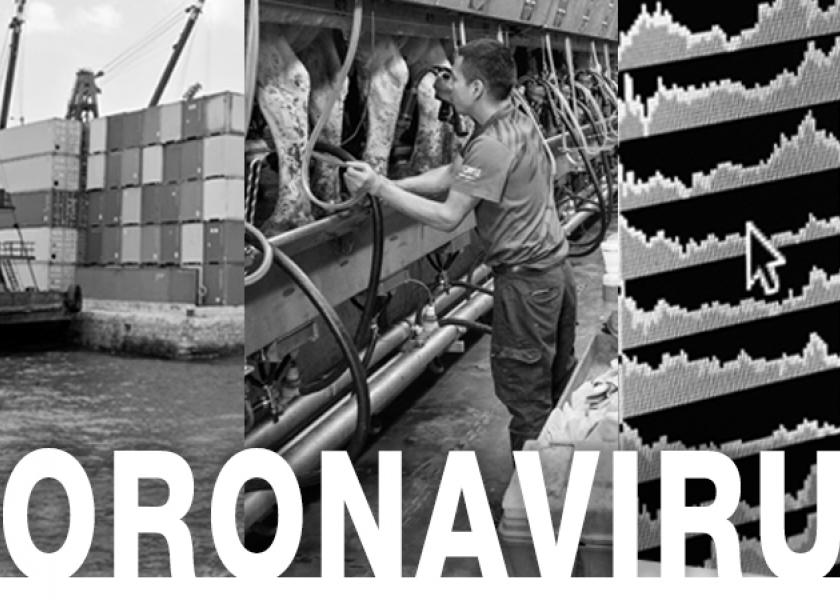Agriculture is Not Immune to Pandemic

The novel COVID-19 virus has changed the world in just six months: masks are a norm, large field days are unheard of and nearly everyone has dealt with changes to their routines in some way. While agriculture is inherently isolated, changes have still hit the sector regardless.
Financial impact
“[The financial impact] just depends on what commodity you’re growing,” says Paul Neiffer, CPA from Washington. “Take the wheat market; yes, there was a little bit of a correction in price, but it’s come back a little. Then you go out to California, and all those produce crops have been hammered.”
While certain programs like Paycheck Protection Program (PPP) and Coronavirus Food Assistance Program (CFAP) are available to provide assistance, not all agricultural producers qualify for those benefits.
“In some situations, such as a large vegetable producer, they have too many employees so they don’t qualify for PPP,” Neiffer says. “Or, they’d reach the payment limit so quickly that they’re really not going to get that much benefit.”
Operational changes
For Dwayne Faber, a dairy farmer, he’s had to change the way his business operates to protect his employees and family. At the same time, he’s making sure they’re still moving milk so the business continues.
“COVID has impacted the Hispanic community at a much greater rate than other minority groups,” Faber says. “In that community there is definitely a fear of Coronavirus. So, on our farm, we haven’t had anyone test positive but some of their family members have. We had them stay home for two weeks and paid them to stay home. We’re making our employees aware of symptoms, so they can self-diagnose and self-report.”
If any employee believes they were exposed or might test positive for the virus, Faber is encouraging them to get tested. If an employee tests positive for COVID-19 he’s prepared to take appropriate steps to keep everyone safe.
Learn more about what Faber is doing here.
Labor challenges
Even with safety measures in place on many farms, sourcing labor has become even more difficult since the pandemic started.
“I think the challenge here wasn’t necessarily unlike what is has been in other years, the availability of labor,” says Christopher Valdez, with the Grower Shipper Association of central California. “In some cases, there was a bit of a labor glut because you had a downturn in food service market. So, you weren’t looking to pay for more labor to add more input costs on a crop where you’re already upside down—and to make it worse you don’t have a buyer.”
Because of market changes, planning for H2A labor needs became an even greater challenge for some producers. Too many applications during a time of down demand obviously leads to losses, but not having enough meant some couldn’t take advantage of opportunities when demand started to rise again.
Farm shows are changing, too
Farm Journal Field Days is a combination of virtual and live programming to take place Aug. 25–27. The more than 100 informational sessions align with key interests and needs of the crop and livestock sectors.
The exciting #FJFieldDays agenda, designed to incorporate all the elements important to you, make this event a must-attend.







